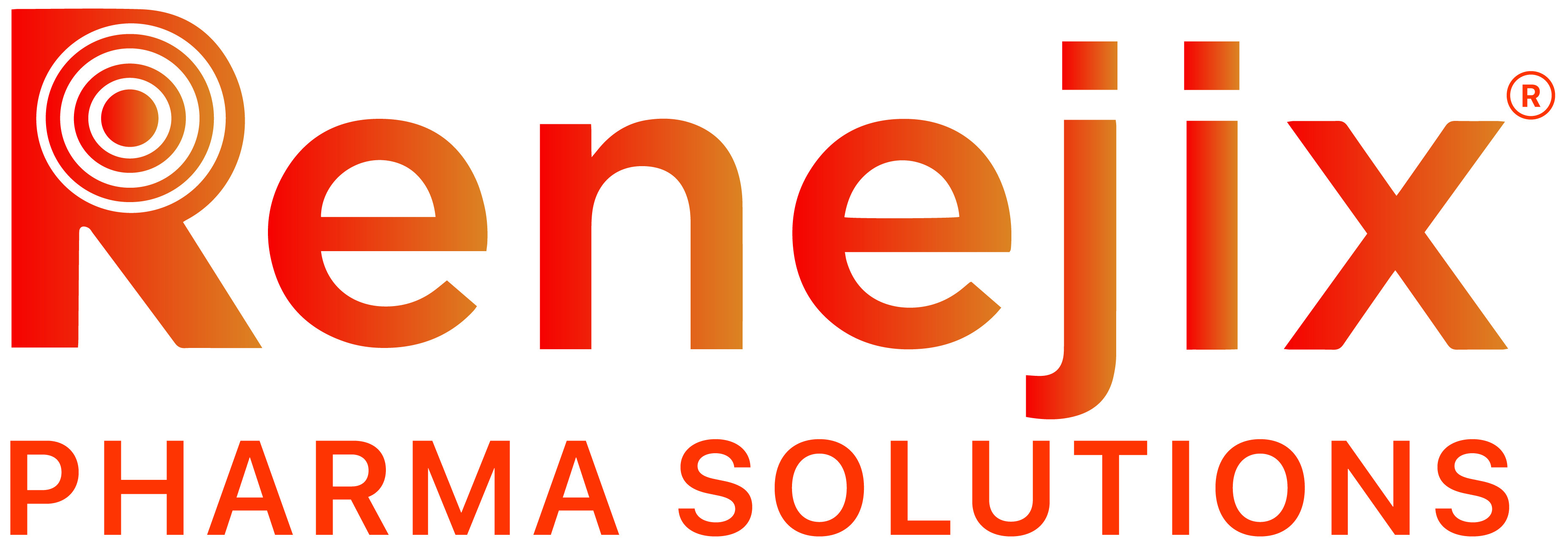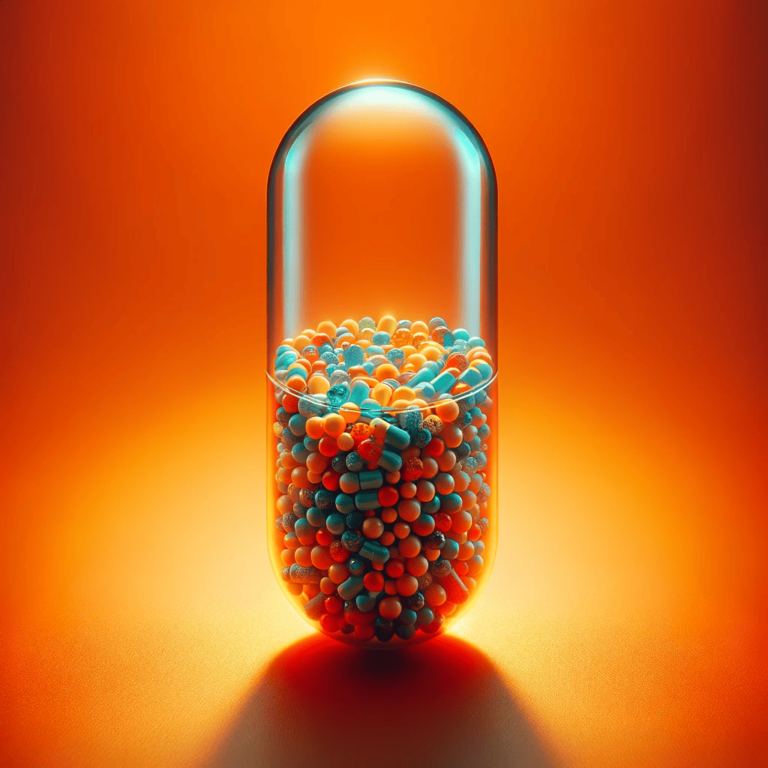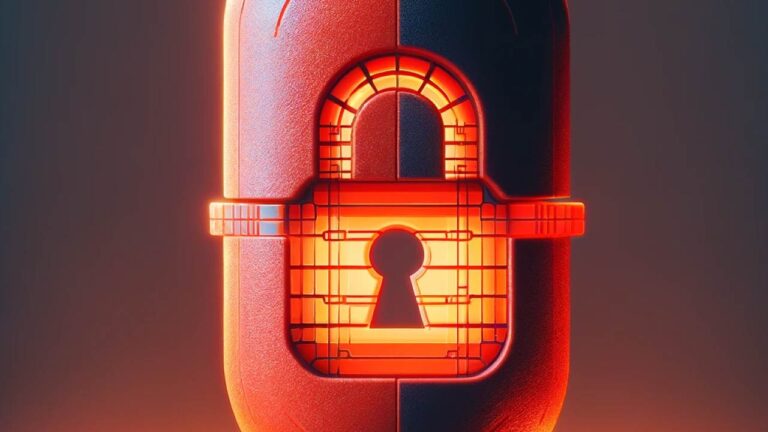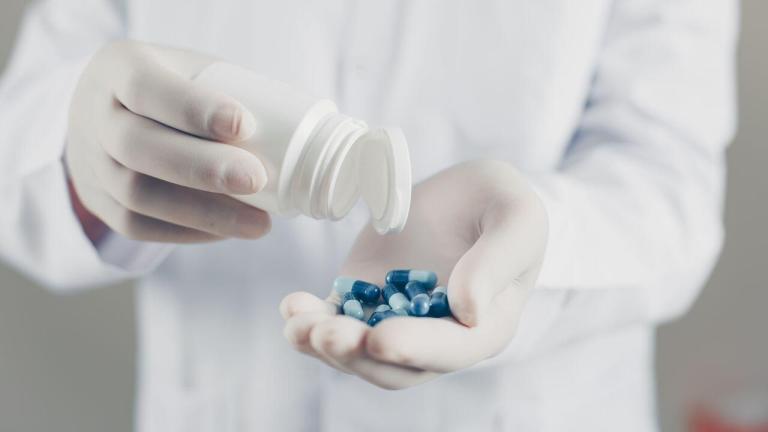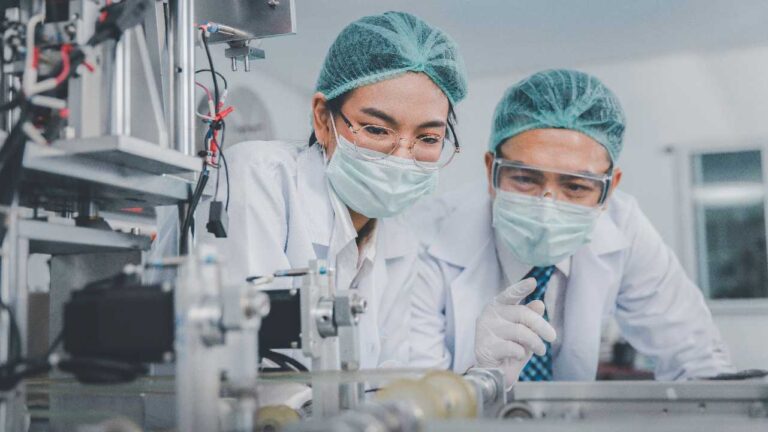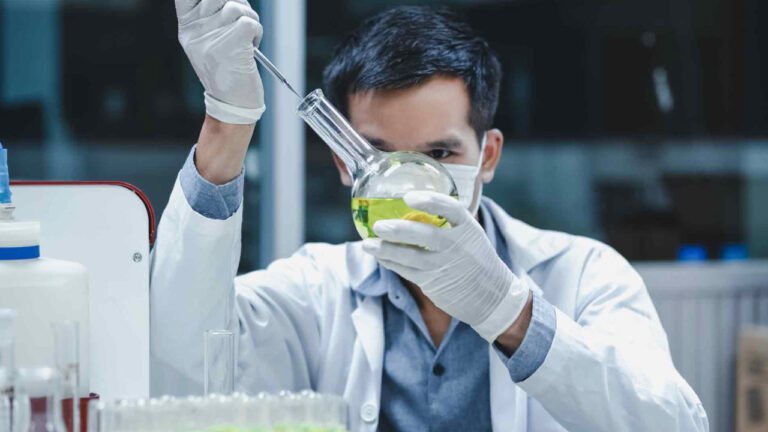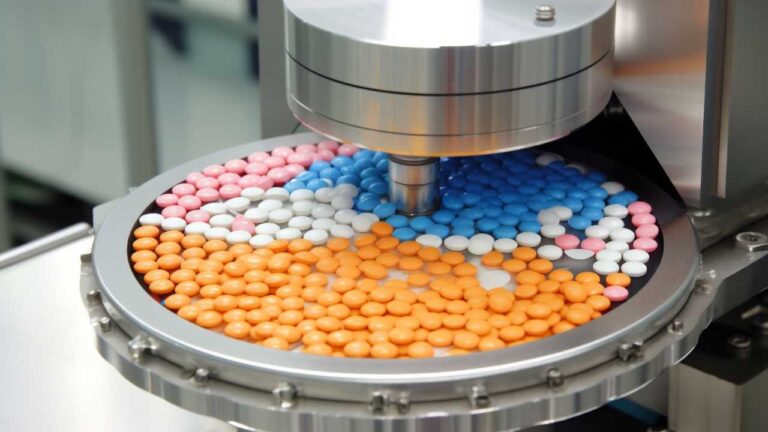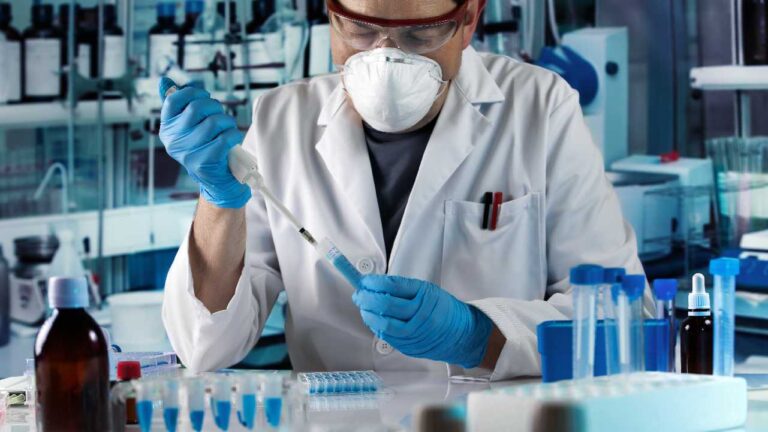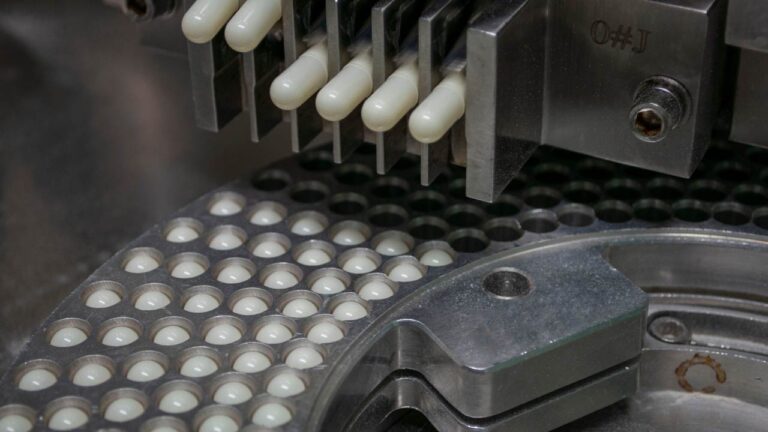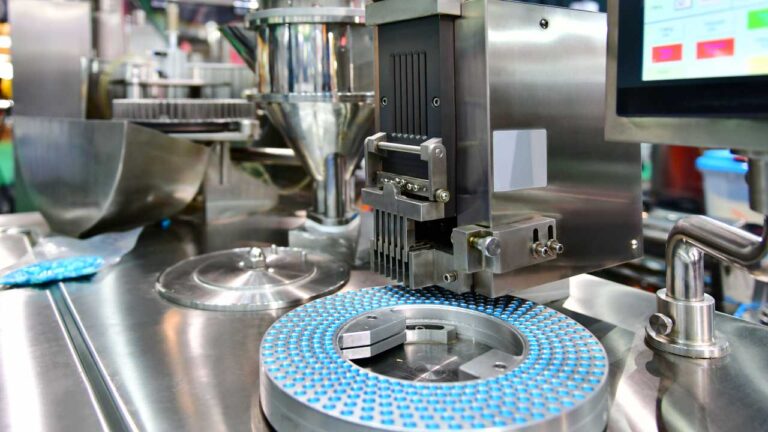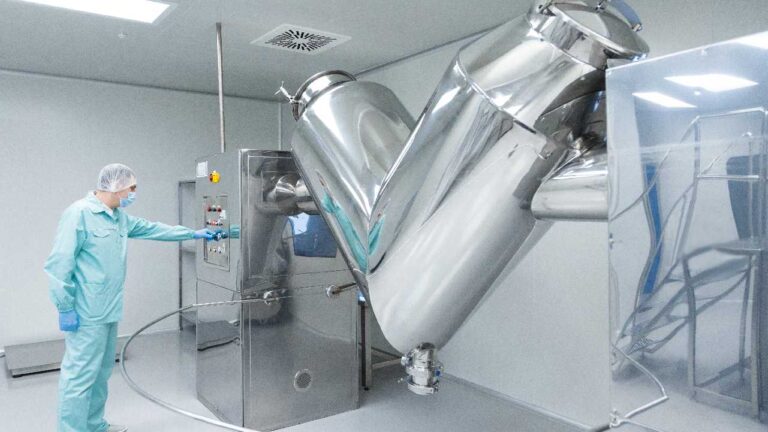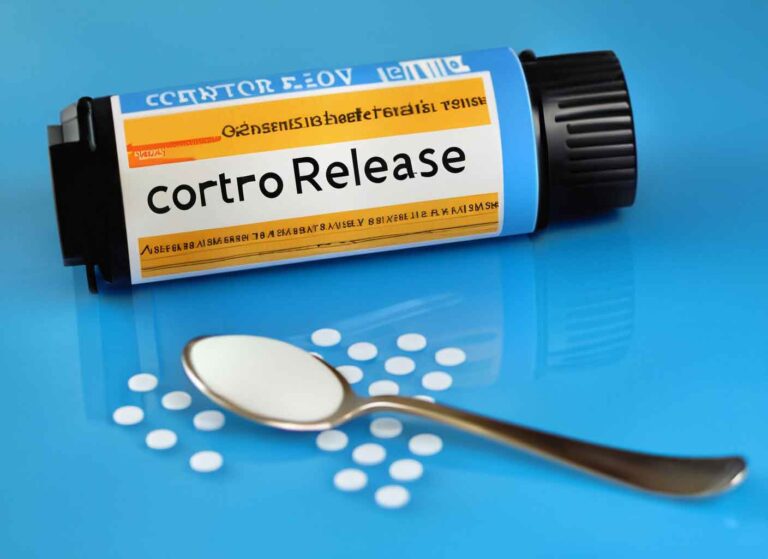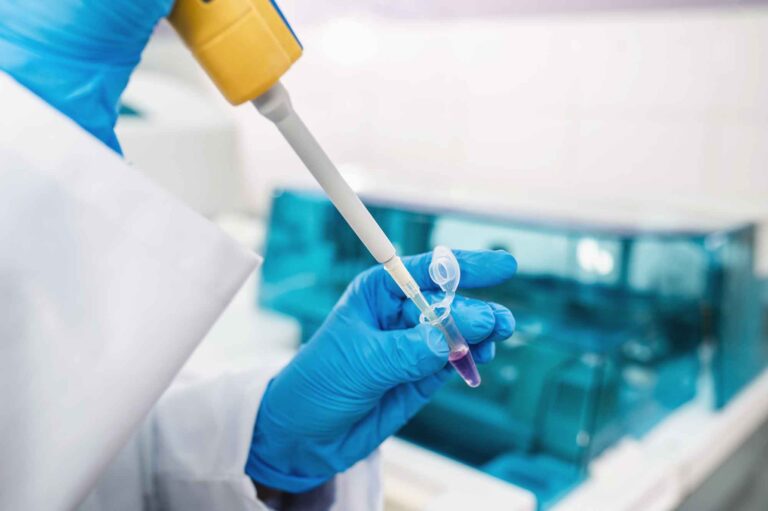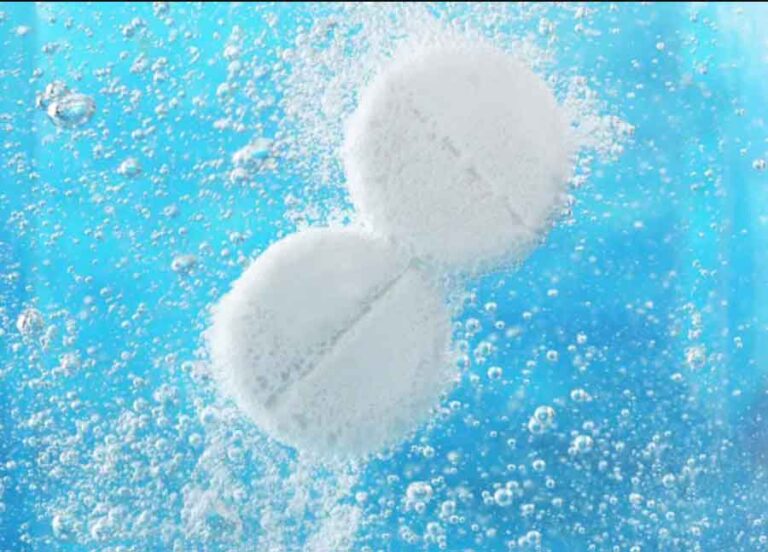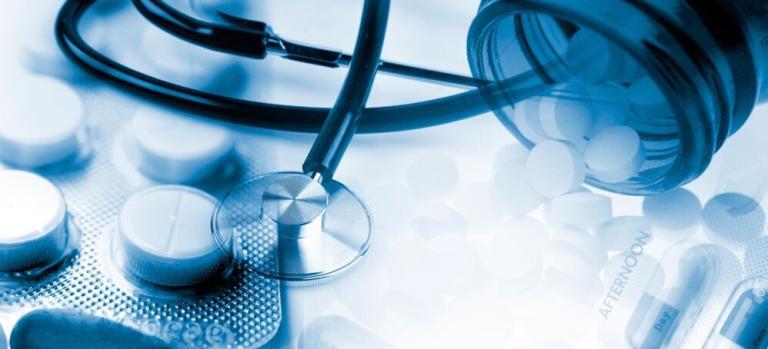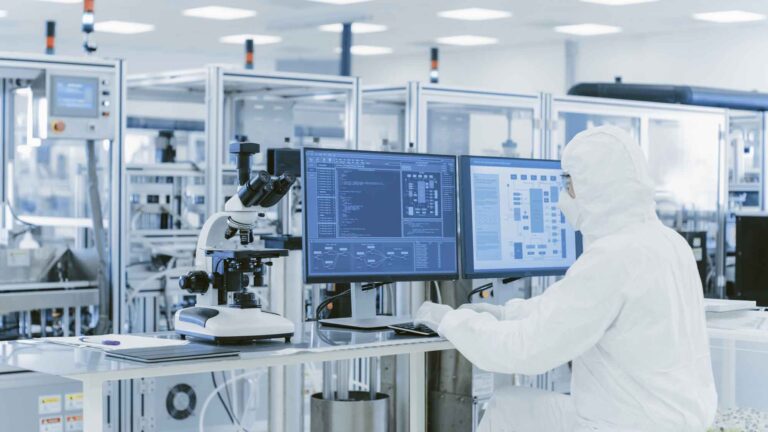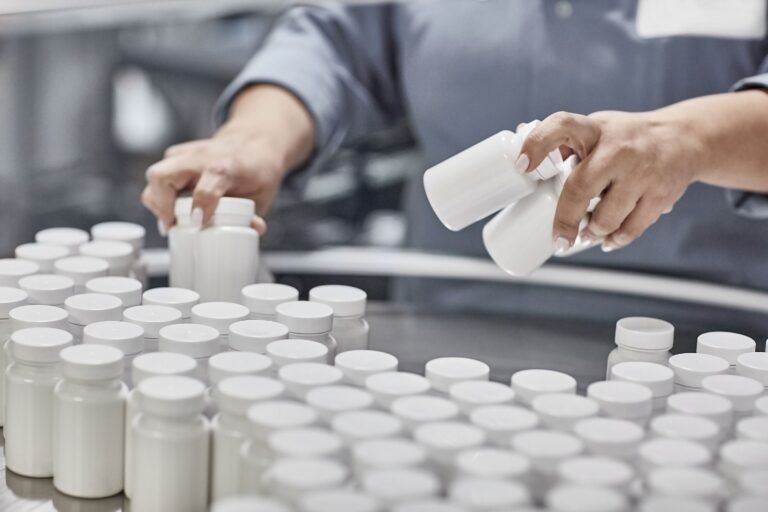The Pivotal Role of Technical Transfers in Pharmaceutical Commercialization
The journey from laboratory conception to commercial pharmaceutical product is fraught with complexities, not least of which is the pivotal stage of technical transfers. This process is the linchpin in the development and production of a commercial dosage form, serving as a bridge between innovation and market delivery. Yet, it is a path laden with challenges, particularly when it necessitates collaboration between distinct entities, rather than an internal transition within a unified network.
Strategic Planning: The Heart of Technical Transfers
The success of a technical transfer hinges on meticulous planning and management. It is a multifaceted endeavor that requires a harmonized approach to ensure the fidelity of the product’s quality, efficacy, and safety from one manufacturing site to another. At Renejix, we are acutely aware of the critical nature of these transfers in securing a triumphant product launch.
Renejix: Your Trusted Partner in Seamless Transitions
Our approach at Renejix is underpinned by our robust and proven tech transfer protocol. We guarantee not only the availability of capacity but also the transfer of manufacturing acumen, coupled with comprehensive analytical and quality support. Our methodology is designed to mitigate risks, streamline processes, and uphold the integrity of your product throughout the transfer phase.
Experience and Expertise: The Renejix Advantage
Entrusting your technical transfer to Renejix means partnering with a team that boasts over three decades of experience in orchestrating smooth and effective transitions. Our expertise is not confined to the mere relocation of projects; it extends to ensuring the continuity and enhancement of your development and production workflows. With Renejix, disruptions are averted, and transitions are executed with precision.
Comprehensive Support for Your Commercial Aspirations
Our commitment to your success is unwavering. As your ally, Renejix provides a full spectrum of support, ensuring that every aspect of the tech transfer is managed with the utmost care. We are dedicated to not just meeting but exceeding your expectations, thereby empowering the realization of your commercial dosage form.
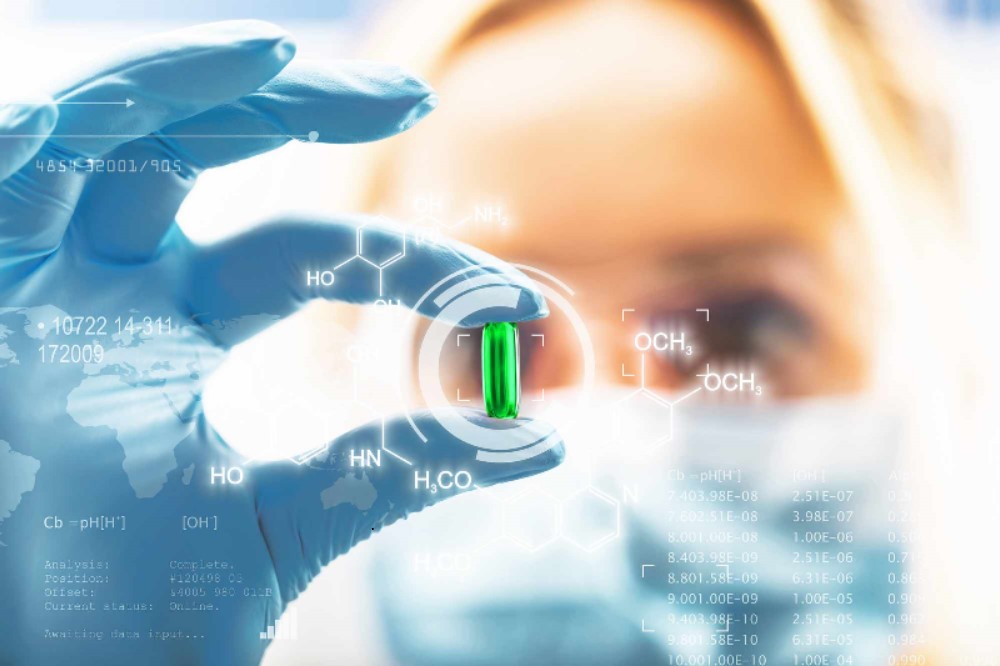
Overview
Purpose Clarification: The foundation of technology transfer in the pharmaceutical industry is to ensure that the process is strategically aligned with the sponsor’s objectives. These objectives often focus on enhancing cost efficiency, ensuring compliance with complex regulatory frameworks, and capitalizing on specialized technological capabilities. The clarity of purpose is crucial as it guides the entire technology transfer process to fulfill the sponsor’s overarching strategic vision.
Business Objectives: Identifying business objectives at the outset is essential for shaping an effective and efficient technology transfer strategy. This strategy must consider specific timelines, budgetary constraints, and quality standards unique to each project. By doing so, it ensures that the transfer is executed in a way that aligns with the business’s financial and operational goals.
Operational Excellence: Operational excellence in pharmaceutical manufacturing is a dynamic and continuous process. It involves a commitment to ongoing improvement and the adoption of best practices across all manufacturing phases. From early development to commercial production, operational excellence entails mastering the intricacies of the manufacturing process and ensuring a smooth and efficient technology transfer.
Documentation and Knowledge Transfer: The meticulous transfer of documentation and knowledge is paramount to maintaining the integrity of the pharmaceutical product. This includes comprehensive details on equipment qualification, the history of the active pharmaceutical ingredient (API), and the manufacturing processes. Such in-depth documentation ensures that the receiving entity is fully equipped to produce the product to the original specifications.
Technical Capabilities: Managing complex formulations presents significant technical challenges. Expertise in advanced processing techniques such as milling, particle engineering, spray drying, extrusion, and coating is essential. These capabilities are critical for overcoming the hurdles associated with the manufacturing of oral dosage forms and ensuring the success of the technology transfer.
Quality and Compliance: In the pharmaceutical industry, adherence to regulatory standards is mandatory. This encompasses staying current with legislation such as the Drug Supply Chain Security Act (DSCSA) and meeting serialization mandates. Quality and compliance are not merely about following rules; they are about safeguarding patient safety and ensuring the efficacy of the drug product.
Risk Management: Risk management involves the proactive identification and mitigation of potential issues that could arise during the development and manufacturing phases. It is a strategic approach to minimize the impact of risks, thereby maintaining consistent quality and regulatory compliance. Effective risk management is integral to the success of technology transfer in the pharmaceutical industry.
Detailed Evaluation of Operational Excellence: A detailed evaluation of operational excellence in pharmaceutical manufacturing is essential for identifying areas of improvement and implementing strategies that lead to better efficiency and productivity. This evaluation often involves analyzing key performance indicators (KPIs) and benchmarking against industry standards to drive strategic operational results.
Our Approach
Strategic Planning in Pharmaceutical Technology Transfer
Strategic planning in technology transfer is a critical component that ensures the seamless integration of new technologies into existing pharmaceutical manufacturing processes. At Renejix, we approach strategic planning with a comprehensive and methodical framework that encompasses several core areas:
Alignment with Client Goals: Our initial step involves a deep understanding of our clients’ strategic objectives. This alignment ensures that the technology transfer not only meets the immediate technical requirements but also supports the broader business goals of our clients, fostering long-term success and growth.
Customization: Recognizing the unique challenges and requirements of each client, we offer a wide array of oral technologies and integrated solutions. Our approach is highly customizable, ensuring that we address the specific needs of each project with precision and care.
Operational Excellence:
Dedicated Teams: For each technology transfer, we assign specialized teams composed of engineers, chemists, and technicians. This dedicated expertise ensures a focused and expert-driven process from start to finish.
Efficiency: We emphasize a ‘first-time right’ approach, prioritizing efficiency and accuracy in development. This approach minimizes the need for revisions and reduces overall costs, enhancing the value we deliver to our clients.
Technical Capabilities:
Advanced Equipment: Our facilities are equipped with cutting-edge machinery capable of handling diverse manufacturing processes and dosage forms, ensuring that we can accommodate a wide range of technical demands.
Innovation: We leverage specialized technologies to enhance drug efficacy, bioavailability, and patient adherence. Our commitment to innovation ensures that our clients benefit from the latest advancements in pharmaceutical technology.
Quality Assurance:
Regulatory Compliance: Adherence to regulatory standards is paramount at Renejix. We maintain strict compliance with industry regulations, ensuring product integrity and facilitating efficient market entry.
Risk Management: We proactively identify and address potential challenges throughout the development and manufacturing process. Our risk management strategies are designed to maintain consistent quality and ensure regulatory compliance.
Scientific Expertise:
Experienced Management: Our management team brings extensive industry experience to guide each project with a blend of professionalism and deep expertise, ensuring that every technology transfer is managed with the highest level of competence.
Analytical Services: With over 100 analytical scientists, Renejix provides comprehensive testing and method development services. This expertise is crucial for ensuring quality, validation, and regulatory compliance.
Supply Chain and Distribution:
Effective Management: We manage raw material sourcing, vendor relationships, inventory, demand forecasting, and cost optimization effectively. Our supply chain management ensures that resources are used efficiently and costs are kept in check.
Global Reach: Our supply chains are meticulously coordinated to comply with international shipping regulations, ensuring product integrity across various markets and climates.
Focus Areas in Technology Transfer:
Preclinical Development: Our scientists ensure the right form and formulation from the outset, with a keen eye on the end goal of commercial production. This early-stage focus is critical for a smooth transition to later phases.
Formulation Development: The team engages in preformulation, dosage design, process development, and scale-up activities. Our analytical methods are specifically tailored for pharmaceuticals, ensuring that every formulation meets the highest standards.
Regulatory Services: We provide strategic regulatory planning and quality assurance to ensure global compliance and support the entire product life cycle. Our regulatory services are designed to navigate the complex landscape of global pharmaceutical regulations.
Tech Transfer Services
The pharmaceutical development process is a complex and multifaceted journey that encompasses a wide range of activities, from the initial concept to the final product reaching the market. Each step is critical and requires a collaborative effort from a multidisciplinary team of scientists and professionals. Here’s an in-depth look at the various stages:
Program Initiation
The initiation of a pharmaceutical program involves a comprehensive feasibility study to evaluate the likelihood of a product’s success. This includes assessing clinical trial prospects, supply strategies, marketing potential, regulatory timelines, and potential sales volumes. It’s essential to consider any new technology involved and the business risks associated with the project.
Cleaning Validation
Cleaning validation is a critical component of pharmaceutical manufacturing, ensuring that all traces of previous products are removed to prevent cross-contamination. This process is governed by stringent guidelines and involves a detailed assessment of cleaning methods, materials, and schedules.
Methods Transfer or Development
Transferring analytical methods between laboratories ensures that the receiving unit can perform the test procedures as intended. This process requires detailed protocols and acceptance criteria to qualify the laboratory for the transferred analytical methods.
Process Transfer
Process transfer in drug formulation is a key step in scaling up from pilot batches to commercial production. It involves transferring product and process knowledge, ensuring consistency, and maintaining quality control throughout the scale-up.
Raw Materials Procurement
Procurement of raw materials in the pharmaceutical industry is a strategic and complex task due to the technical specifications required and the global regulations that must be navigated. It’s crucial to have a robust supplier qualification program to ensure the consistent quality of raw materials.
Development
Development in pharmaceuticals refers to the entire process of bringing a new drug to market, including discovery, preclinical research, clinical trials, and regulatory approval. It’s a stage where the right form and formulation are selected, considering factors like solubility, stability, and manufacturability.
Small Scale CTM to Support BE Studies
Clinical Trial Material (CTM) manufacturing is specialized for producing drugs used in clinical research. It supports bioequivalence studies by providing small-scale batches that meet the necessary specifications for clinical trials.
Scale-Up to Commercial Batch Size
Scaling up involves increasing the batch size from pilot to commercial scale. This requires careful planning and execution to ensure that the quality of the product is maintained throughout the process.
Registration Lots
Registration lots are batches of a pharmaceutical product produced for regulatory submission. They are manufactured under closely monitored conditions to ensure they meet all the quality standards required for approval.
Filing and Commercialization
Filing involves submitting all necessary documentation to regulatory bodies for product approval. Commercialization is the process of bringing the approved product to the market, which includes manufacturing, marketing, and distribution.
Launch Planning
Launch planning is a strategic phase where the marketing, distribution, and post-launch monitoring plans are developed. It’s crucial for a successful product introduction to the market.
Validation Lots
Validation lots are produced to demonstrate that the manufacturing process is capable of consistently producing a product that meets predetermined specifications and quality attributes.
Scale Manufacturing
Scale manufacturing refers to the production of pharmaceuticals at a commercial scale, following the successful scale-up and validation of the manufacturing process.
Regulatory Filing Support
Regulatory filing support involves preparing and reviewing the necessary documentation for regulatory submissions, ensuring compliance with global regulatory requirements.
Collaborative Effort from a Multidisciplinary Team
The entire pharmaceutical development process requires a collaborative effort from a team that includes chemists, pharmacologists, toxicologists, pharmacists, regulatory specialists, and many others. Each member contributes their expertise to navigate the complex landscape of drug development.
Scale-Up Services
- Pilot to Commercial Scale: Scientists work on scaling processes from pilot batches to full-scale commercial manufacturing, ensuring consistency and quality at every stage.
- Process Validation: Rigorous process validation is conducted to confirm that the manufacturing process remains in a state of control during scale-up.
Process Optimization
- Continuous Improvement: The scientific team continuously evaluates and improves manufacturing processes to enhance efficiency and reduce costs.
- Process Analytical Technology (PAT): PAT tools are implemented to monitor and control the manufacturing process in real-time, ensuring optimal performance.
Analytical Method Transfers
- Method Development and Validation: Scientists develop and validate analytical methods that are robust, reliable, and suitable for regulatory submissions.
- Stability Studies: Stability studies are conducted to ensure that the product maintains its integrity throughout its shelf life.
Regulatory Support
- Regulatory Strategy: Scientists help in developing a regulatory strategy that aligns with global compliance requirements.
- Submission Documentation: Preparation and review of submission documentation are carried out to ensure accuracy and completeness for regulatory filings.
Preclinical and Clinical Development
- Preclinical Development: Focuses on selecting the right form and formulation from the beginning, considering factors like solubility, stability, and manufacturability.
- Formulation Development: Involves the design and development of dosage forms, considering the therapeutic target, patient population, and delivery mechanism.
- Clinical Trial Material Production: Overseeing the production of clinical trial materials, ensuring that they meet the necessary specifications for clinical studies.
This comprehensive approach ensures that pharmaceutical products are developed and manufactured to the highest standards, meeting all safety, efficacy, and regulatory requirements. The collaboration between various disciplines is essential to navigate the complexities of pharmaceutical development and bring effective therapies to patients in need.
Related Services
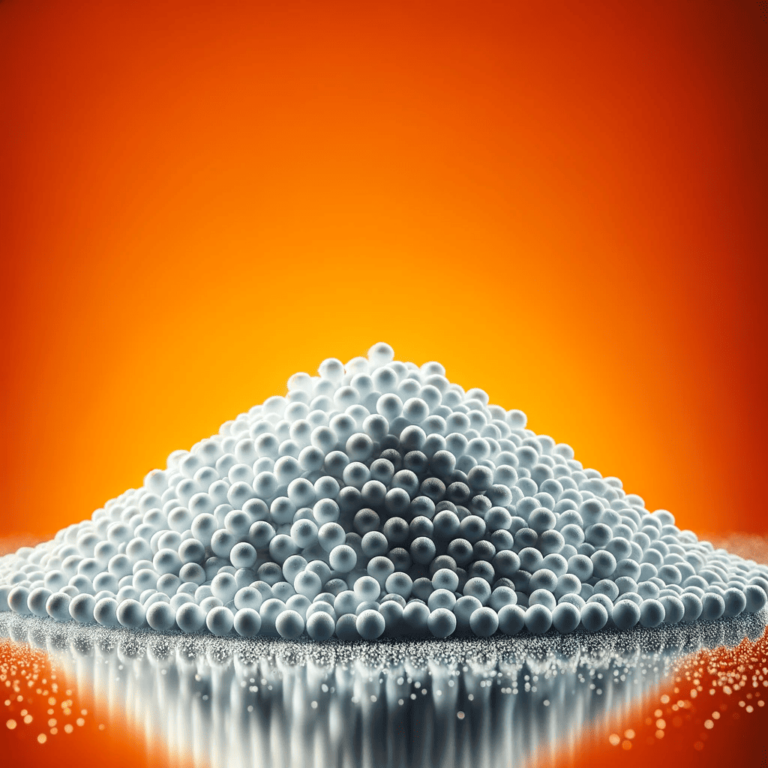
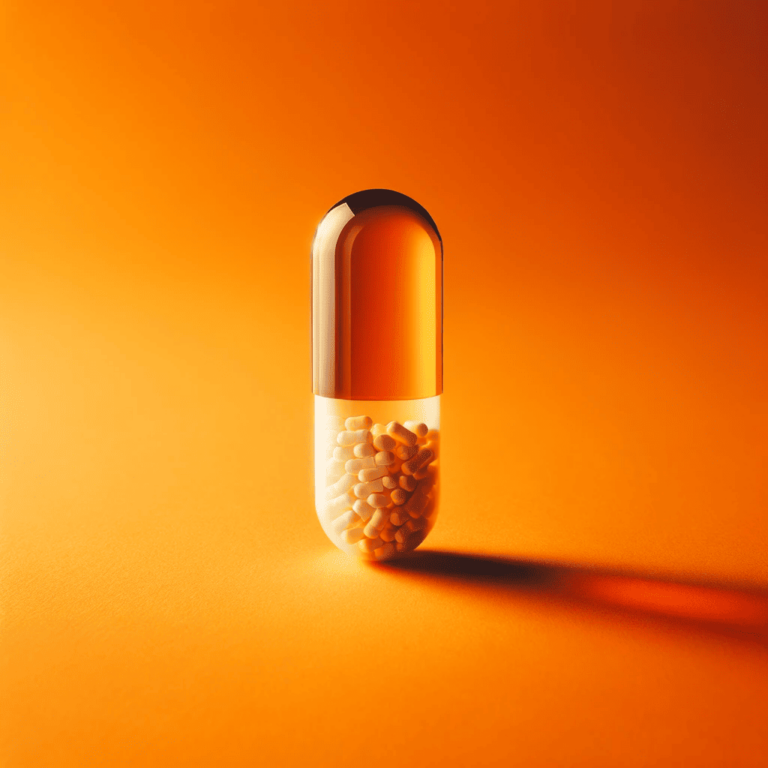
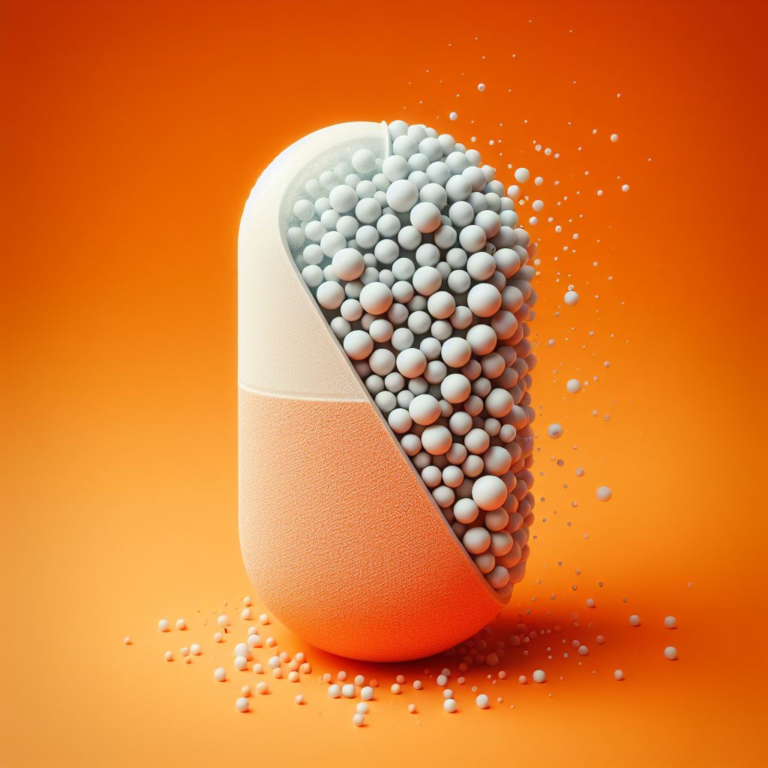
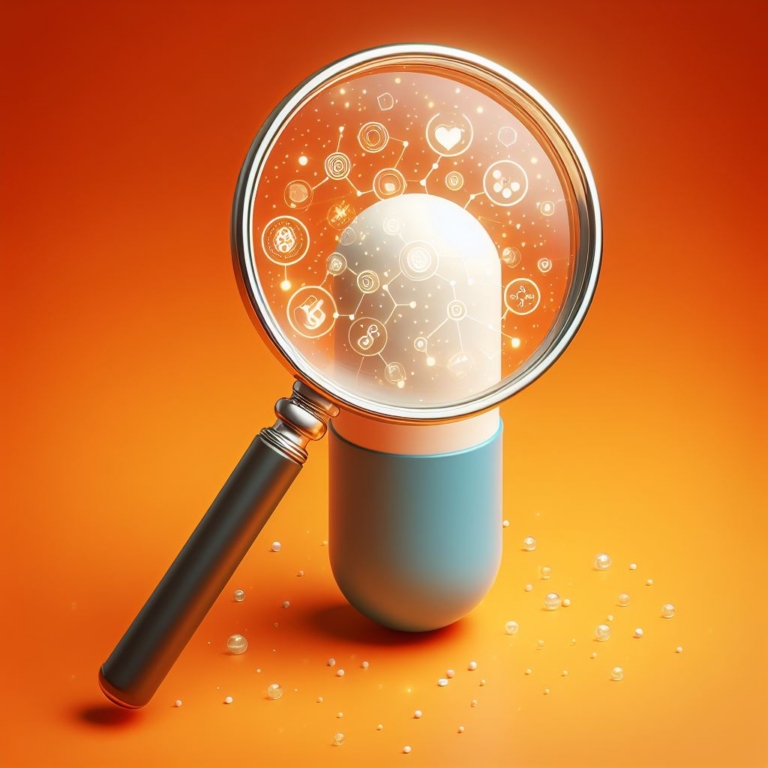
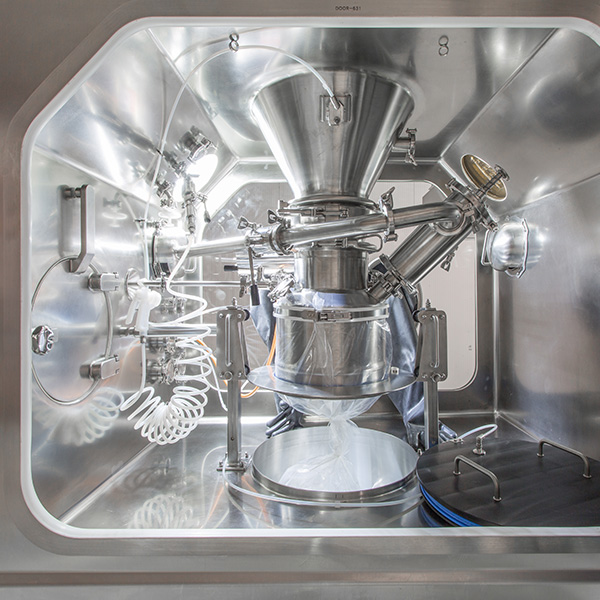
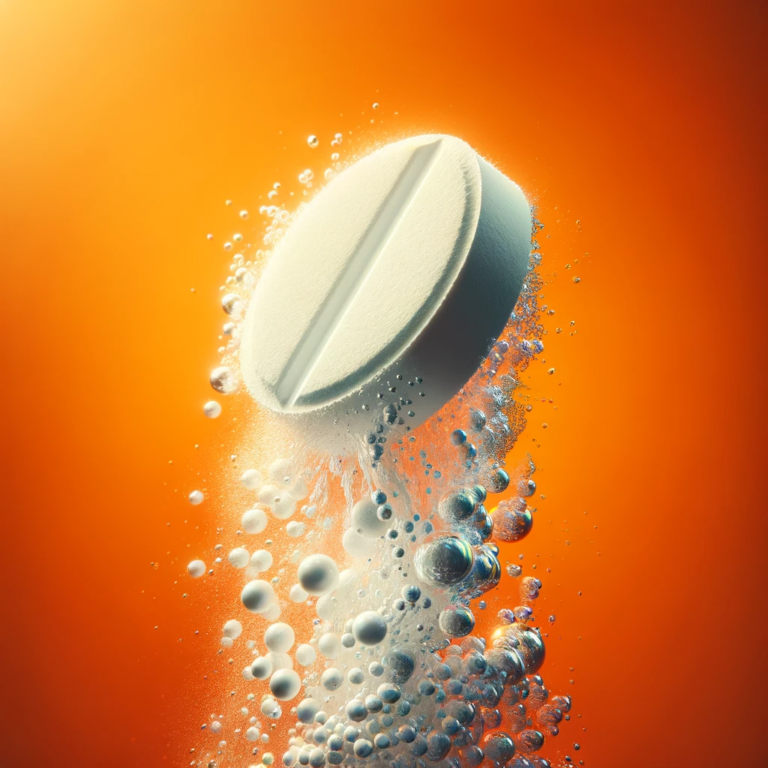

FAQs
Here are some frequently asked questions about Technology Transfers
Technology transfer in the pharmaceutical industry refers to the process of transferring scientific methods, manufacturing processes, and knowledge from one facility to another, or from R&D to manufacturing scale, ensuring that products are consistently produced and controlled according to quality standards. This process includes the transfer of documents, materials, and methodologies necessary to manufacture a pharmaceutical product at a different site or scale without compromising its safety, efficacy, and quality.
Technology transfer is crucial for the scalability and commercialization of pharmaceutical products. It enables companies to scale up production from laboratory to commercial scale, expand their manufacturing capabilities to other locations, and ensure that product quality is maintained across different manufacturing sites. Effective technology transfer is essential for meeting regulatory requirements, reducing time to market, and ensuring the uninterrupted supply of medications to patients.
The key stages of technology transfer typically include the preparation phase, where objectives and requirements are defined; the documentation transfer phase, involving the sharing of process knowledge and regulatory documents; the site implementation phase, where processes are adapted and validated at the new site; and finally, the commercial production phase, which involves full-scale manufacturing under the transferred technology. Each stage requires careful planning, execution, and collaboration between all parties involved.
A CDMO supports technology transfer by offering expertise in process development, scale-up, and commercial manufacturing. This includes providing facilities for pilot and commercial-scale production, analytical services for process validation, regulatory support to ensure compliance, and project management services to oversee the transfer process. A CDMO acts as a partner in ensuring that the technology transfer is conducted efficiently, within regulatory guidelines, and with minimal risk to product quality.
Challenges during technology transfer can include differences in equipment and scale between the transferring and receiving sites, variations in raw material qualities, regulatory compliance issues, and gaps in process understanding. Effective communication, thorough documentation, and rigorous validation studies are essential to overcome these challenges and ensure a successful technology transfer.
Intellectual property rights are handled through detailed agreements that outline the scope of the technology transfer, confidentiality requirements, and the rights and obligations of each party regarding the use and ownership of intellectual property. These agreements ensure that proprietary information is protected while allowing the necessary knowledge transfer to take place.
Essential documentation for technology transfer includes process descriptions, equipment and facility requirements, analytical methods, quality control and assurance procedures, batch records, stability data, and regulatory filings. These documents ensure that the receiving site has all the information needed to replicate the process and meet quality standards.
Quality during and after technology transfer is ensured through rigorous validation of the manufacturing process, analytical methods, and quality control procedures at the receiving site. This includes conducting risk assessments, implementing quality agreements between parties, and performing batch analysis to confirm that the product meets all specifications. Ongoing monitoring and quality audits are also essential to maintain high-quality standards.
Technology transfer can occur internationally, but it requires careful consideration of regulatory differences between countries, logistical challenges, and potential language barriers. Compliance with international quality standards, understanding of local regulatory requirements, and effective communication strategies are critical for successful international technology transfers.
Project management plays a pivotal role in technology transfer by coordinating activities between the transferring and receiving sites, managing timelines, and ensuring that all aspects of the transfer meet predefined objectives and quality standards. Effective project management involves detailed planning, regular communication, and problem-solving to address any issues that arise during the transfer process, ensuring a smooth and efficient transition.
